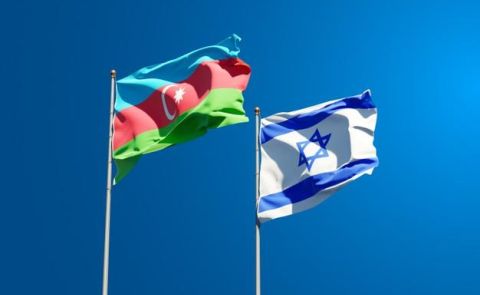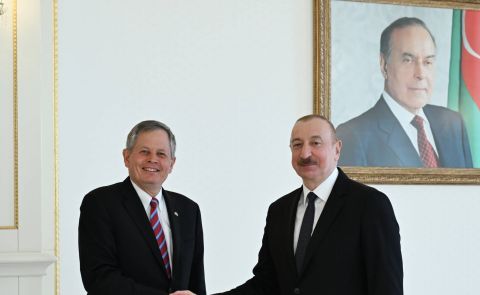
Nikol Pashinyan's recent Visit to Georgia: Prospects for the Development of bilateral Relations
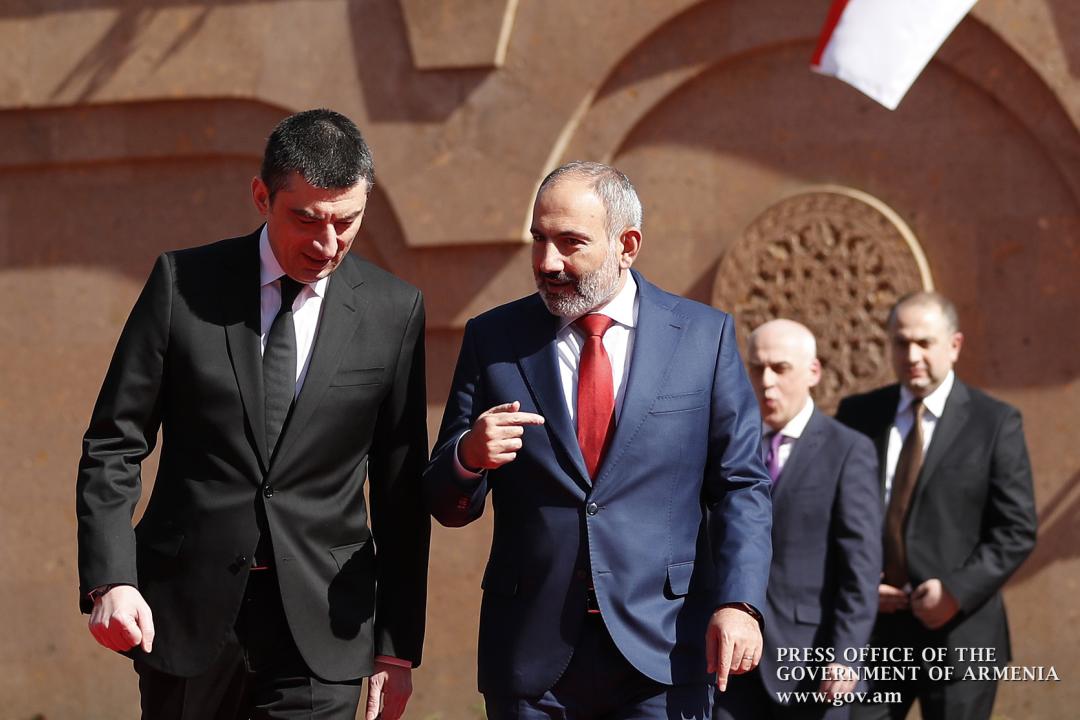
On March 20, the Prime Minister of Armenia, Nikol Pashinyan, paid a two-day visit to Georgia where he received a warm reception. Several meetings were held with the Prime Minister of Georgia, Georgi Gakharia, and other high-level officials. This was the second official visit after Pashinyan took office in 2018.
The Pashinyan-Gakharia talks were clearly built around several key elements, such as democracy and shared commitment to democratic values, diverging views on security systems, regional security and peace, as well as trade and economic cooperation. Pashinyan and Gakharia shared views on future steps toward the implementation of projects in transport, energy, and other fields. Indeed, the atmosphere of mutual respect was prevailing throughout the meeting.
Pashinyan noted that “there is a huge untapped potential in the Armenian-Georgian relations, and its full development is an important part of the bilateral agenda”. He underlined that non-identical security system priorities cannot be a threat toward each other, a formula that he had previously suggested to fix as a basis for fostering relations.
Georgia’s Euro-Atlantic aspirations have been favored by all post-independence Georgian governments, as well as by the overwhelming majority of the population. Georgians have historically viewed the West as a safety guarantee for the country’s political, economic, and military advancement. In the meantime, Georgia’s eagerness to join NATO does not coincide with Armenia’s membership in Russia-led CSTO and other regional cooperation organizations. Given the complicated relations of Russia and NATO, the probability of tension between Armenia and Georgia on this ground has always been questioned. In the worst scenario, that is, the exacerbation of Russia-Georgia relations that had its precedent in August 2008, Armenia will most likely again maintain a neutral position and appear on the safe side. However, following the events that took place in Georgia in June 2019 (the Gavrilov case and mass protests in the streets of Tbilisi), the incumbent Georgian Dream party is holding political dialogue with Russian officials to avoid further escalation.
In the context of regional security and peace, Pashinyan noted that conflicts in the Caucasus are “different in terms of their content, origin, history, and depth.” Although the two countries have different visions on conflict resolution, Pashinyan expressed his respect for Georgia’s intention of peaceful settlement of the regional disputes. Georgia supports the principle of territorial integrity concerning Abkhazia and South Ossetia, while Armenia is in favor of self-determination in the Nagorno-Karabakh conflict. Despite its views, Armenia has not yet recognized the independence of Abkhazia and South Ossetia. Undoubtedly, recognition will break the balance of Armenian-Georgian relations. Therefore, all Armenian governments have always stayed cautious so as not to harm relations with Georgia.
Speaking about economic cooperation, the two countries have recently initiated an important step to “untap the potential.” In June 2019, after a break of seven years, the 10th session of Intergovernmental Commission on Trade and Economic Cooperation was launched in Yerevan, where the sides discussed prospects of interaction in transport and energy, as well as high technologies, tourism, agriculture, culture, education, healthcare and other spheres of mutual interest. The result of the Commission was a protocol defining future steps signed between the Armenian and Georgian Deputy Prime Ministers.
The Armenian economy is largely dependent on Georgia in a sense that the lion’s share of its transit and passenger transportation passes through Georgia’s territory, specifically, through Upper (Verkhniy) Lars checkpoint on the Georgian Military Road. However, the geographic location of Upper Lars, as well as the constantly increasing flow of passenger cars in recent years cause kilometers-long queues near the checkpoint. As a result, the Armenian economy often suffers significant damages due to late shipments. Suggested alternatives to the Georgian Military Road are the South Ossetian rock tunnel and the Abkhaz railway but the opening of those is out of the domain of Armenian-Georgian bilateral agenda. Instead it is a matter of ongoing Russo-Georgian negotiations. Today, the only alternative to Lars is the ferry route that passes through the Georgian ports of Batumi and Poti. The entrance and exit fee for cargos, as well as 30% transit customs duties contradict the 1965 UN Convention on Transit Trade of landlocked countries that implies free access to the sea. In November 2018 the Deputy Prime Minister of Armenia, Tigran Avinyan, announced that the issue of prices for using Georgian ports is on the Armenian-Georgian negotiation table, but no tangible results have been achieved as yet.
According to Johnny G. Melikian, an expert on Armenian-Georgian relations, the 2018 Velvet Revolution was a fresh start for interstate relations. Since then, a unique environment of mutual trust and understanding has been formed between the political elites of the two countries. Pashinyan’s government has a positive image in Georgia and initially was perceived by some circles as a pro-Western type of institution that had adopted the same democratic values as the Georgians.
The Armenian side has already started to seriously rethink its relationship with the Northern neighbor, as Melikian notes. Georgia should do the same. The key to achieving sustainability are regular contacts: organizing mutual visits, updating bilateral agreements (especially, the 2001 “Treaty on Friendship, Cooperation and Mutual Security” that is the main regulatory document of bilateral relations), and signing new ones. Melikian remarks that economic activity including trade, different joint projects in the energy sphere and logistic infrastructures, is a focal component of the bilateral relations. In this sense, the 10th Interstate Commission in 2019 will certainly open new prospects for partnership.
Ghia Abashidze, a Georgian political analyst, also agrees with the statement that the April 2018 events have helped Armenia develop a positive image in Georgia. A lot of Georgians have been observing the developments before and after the revolution and expressing huge solidarity toward Pashinyan’s team. Despite essential developments in bilateral relations and a lot of efforts put in place throughout specific areas of development, Abashidze does not see any strategically significant accomplishments yet.
The Armenian-Georgian relationship has not been excluded from disagreements. One such disagreement is the historical contention between the Armenian Apostolic and Georgian Orthodox churches․ There are six churches on the territory of Georgia that Armenian Diocese has lost its rights on and wants to claim them back. Five other churches located in Armenia, near the border, are demanded by the Georgian Orthodox church. Previously, this issue was raised on an official level a few times (last time during Salome Zurabishvili’s visit to Armenia in 2019), but no results have been achieved. Since 2014 the Armenian Diocese has taken on the mandate of negotiating with Georgian authorities over its ownership of the disputed churches. In addition to this, in the past few decades, the Georgian Church and the government have adopted a policy of “abolition” and “georgianisation” of cultural monuments, especially churches that have Armenian origin. Again, authorities have always ignored this problem, and only several Armenian historians and researchers expressed criticism.
Another challenge is the socio-economic situation of Javakheti (Javakhk) Armenians and their “isolation” from the rest of the country due to language barrier, lack of higher education, and unemployment. During his visit, Nikol Pashinyan delicately avoided discussing this and the above-mentioned issues with his Georgian counterpart, at least publicly. Instead, he called on the Armenian community “to be proud of being citizens of Georgia”. The Armenian Prime Minister, obviously, prioritizes the tension-free dealings with Georgia as it is more important for the present reality. Johnny Melikian is sure that Javakhk should become a bridge, not a dividing line between Armenia and Georgia. He assures that Tbilisi is well-aware of the problems Javakhk Armenians are facing and plans to implement integration policies to help them. Regarding the issue of churches and historical monuments, Melikian thinks that these are domestic problems and should not affect the dynamics of interstate relations.
Returning to the security preferences and memberships in different international organizations, Melikian does not see any threats to bilateral relations. Armenia should only be concerned with Georgia's close partnership with Turkey and Azerbaijan. In this case, Armenia should strive to minimize the influence of a third country on the bilateral agenda. In its turn, Georgia is trying to conduct a balanced regional foreign policy in order to maintain the status-quo in the Caucasus. Ghia Abashidze also does not consider it realistic that affiliation to two opposing geopolitical blocs will ever cause tension, of course, if the countries follow the path of non-military cooperation, thus, creating interdependence
Both experts verify the huge potential of possibilities between the two neighbors. Abashidze specifies energy and transport, in a sense that Georgia is a transit country for Armenia to the outside world, as well as a strategic partner in the Georgia-Armenia-Russia-Iran electricity corridor that enables substantial electricity transmission between Armenia and Georgia. Melikian is hopeful that despite the forces majeures, the two countries have an opportunity to level-up the partnership through joint efforts.
Author: Mane Babajanyan, political analyst.
See Also

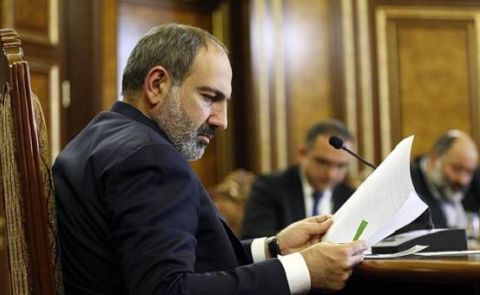
Pashinyan Commemorates First Republic Day, Highlights Progress in Sovereignty and Peace Efforts
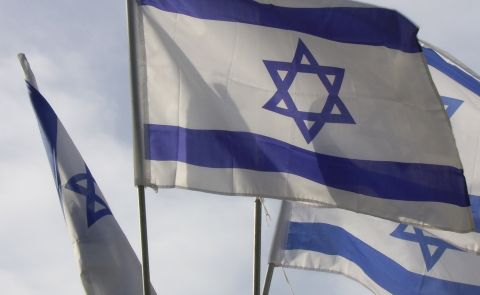
Israeli Ambassador to Armenia Acknowledges Challenges but Optimistic About Future Armenian-Israeli Cooperation
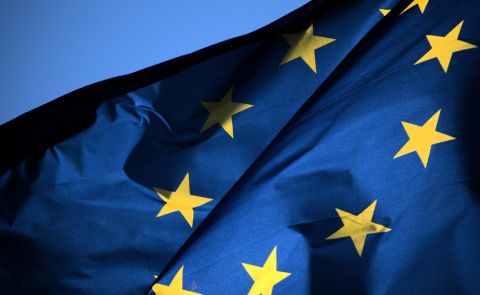
EU Plans Closer Cooperation with Azerbaijan, Georgia, Türkiye, and Other Black Sea States
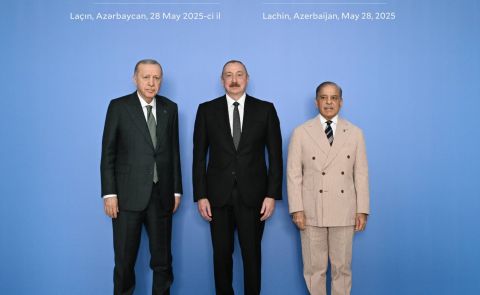
Azerbaijan, Türkiye, and Pakistan Highlight Growing Strategic Cooperation at Lachin Summit
